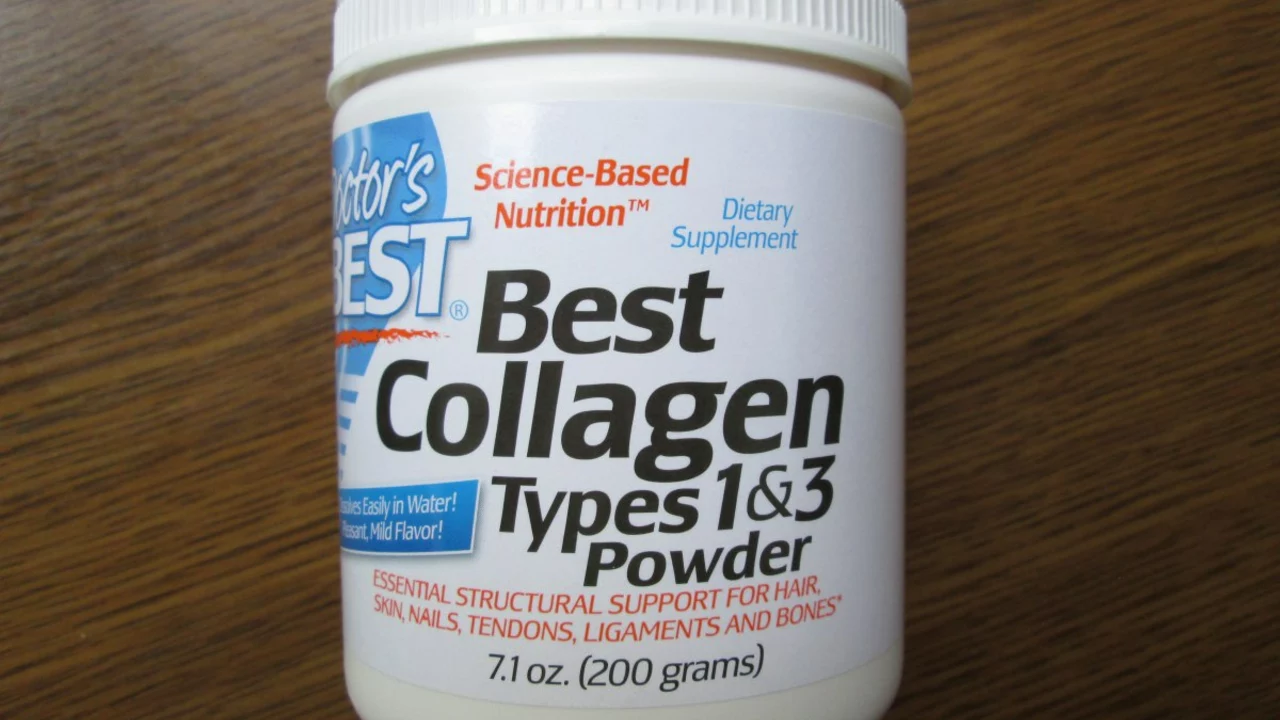Supplements: how to choose what actually helps
Supplements can help fill gaps, support recovery, or boost energy. But they vary wildly in quality, dose, and evidence. This page groups our best reads and gives quick, practical rules so you avoid wasted money or unsafe combos.
Quick rules before you buy
Ask one simple question: what do I want the supplement to do? If it’s basic—vitamin D for low levels or calcium for bone support—there’s solid guidance. For niche claims like 'anti-aging' or miracle detoxes, expect weak evidence.
Check the label. Look for ingredient amounts (not just proprietary blends), serving size, and suggested use. Strong signals of quality: third-party testing seals (USP, NSF), clear dosing, and no long lists of artificial fillers.
Watch interactions. Supplements can affect prescription meds. For example, herbs that thin blood or raise blood pressure matter if you’re on anticoagulants or BP drugs. Ask your clinician or pharmacist before combining things.
Start small and track results. Try a low dose for two to four weeks and note changes in energy, sleep, digestion, or side effects. If nothing changes or you feel worse, stop and reassess.
What we cover on RedBoxRX
Alpha-ketoglutarate: Read our guide on alpha-ketoglutarate to learn how it may support energy, muscle recovery, and aging. We break down doses, who might benefit, and safety pointers so you can decide if it fits your routine.
Agrimony: Our agrimony article explains this herb’s traditional uses—digestive support and liver health—and what modern research actually shows. If you’re curious about herbal options, that piece gives clear, practical steps for use and monitoring.
Calcium D-Glucarate: For detox and hormone balance, the Calcium D-Glucarate piece sums up the evidence, suggested dosing, and when it might help versus when it’s unnecessary.
Laurelwood supplement: If you’re evaluating a branded formula, our Laurelwood review lists top reasons people choose it and what benefits are realistic based on current info.
Other articles touch supplements alongside medicines—like alternatives to common drugs or tips for buying antibiotics and travel meds. Use those to avoid conflicts between supplements and prescriptions.
Want a fast plan? Pick one priority (sleep, energy, joint pain). Read the related article on this site. Check labels and interactions, buy a small bottle from a reputable maker, and track effects for 2–4 weeks. If you’re on meds or pregnant, talk to your clinician first.
Keep coming back here for updated posts and practical reviews. We aim to make supplements less confusing and more useful for your everyday health.

 Jun, 18 2023
Jun, 18 2023